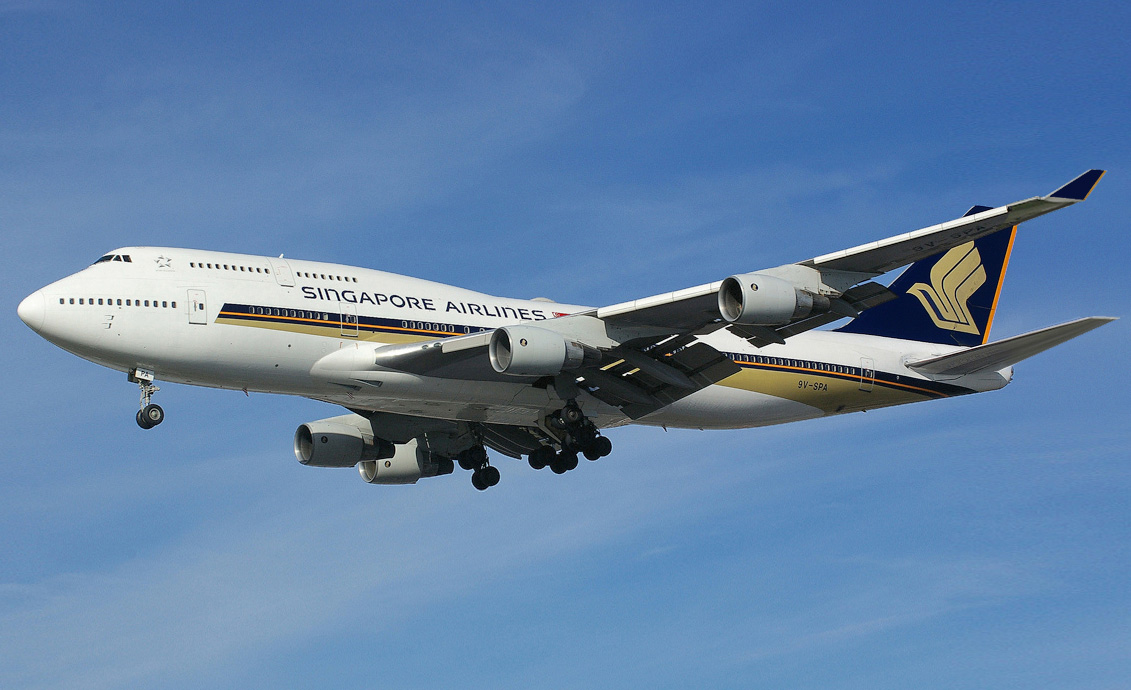Singapore Airlines (SIA) and its subsidiary low-cost carrier Scoot announced a new plan to restructure their Bengaluru, Chennai and Hyderabad services from October 29, subject to regulatory approvals, the airlines said in an official statement.
As part of this move, SIA will offer daily morning and evening services to Bengaluru, SIA said in its first three months of FY2023/24 report today.
The SIA Group said it will also increase its services between Singapore and Chennai from 17-times weekly to 21-times weekly, with Scoot commencing daily operations to the city after SIA transfers some of its Chennai services to the low-cost carrier from November 5, 2023.
In addition, SIA will progressively increase its weekly service between Singapore and Hyderabad from seven times weekly to 12 times weekly, taking over Scoot's daily services between the two cities.
These adjustments are part of the continuous review of the SIA Group's network, and reflect its ability and flexibility to adjust operations between SIA and Scoot to meet evolving customer demand.
These were among updates on its operations as the Group posted a net profit of 734 million Singaporean dollars in the first three months of FY2023/24, the highest quarterly performance in its history, amid robust demand for air travel through the mid-year school holidays and the start of the summer travel season.
Group passenger capacity expanded by 32.4 per cent year-on-year as restrictions on international air travel eased globally.
SIA and Scoot carried 8.4 million passengers during the quarter, 65.5 per cent higher than a year before, with strong demand across all route regions and market segments.
Passenger traffic and load factors improved across all markets, with the year-on-year traffic growth of 49 per cent outpacing the capacity expansion.
The Group achieved a record quarterly passenger load factor (PLF) of 88.9 per cent, with SIA's PLF at a record 88.1 per cent and Scoot's at a record 91.7 per cent.
The cargo segment's performance declined year-on-year as the demand for air freight continued to soften.
Cargo loads dipped 11.3 per cent year-on-year, while capacity grew 12.1 per cent, primarily from the increase in bellyhold capacity as more passenger flights returned to service.
Cargo load factor fell by 13.7 percentage points to 51.8 per cent, and cargo yields fell 44.3 per cent compared to last year.
Nevertheless, cargo yields at 44.6 cents per load tonne-kilometre remained 50 per cent above the pre-COVID level of 29.7 cents per load tonne kilometre (first quarter of FY2019/20).
As a result, Group revenue rose 551 million Singapore dollar (+14.0 per cent) year-on-year to 4,479 million Singapore dollar, with the higher passenger flown revenue of 1,001 million
Singaporean dollar (+37.4 per cent), partially offset by a 555 million Singaporen dollar (-50.6 per cent) decline in cargo flown revenue.
Expenditure increased 353 million Singaporean dollars (+10.5 per cent) year-on-year to 3,725 million Singaporean dollars, with the rise in non-fuel expenditure of 572 million Singaporean dollars (+27.3 per cent) partly offset by a 220 million Singaporean dollar decrease (-17.3 per cent) in net fuel cost.




